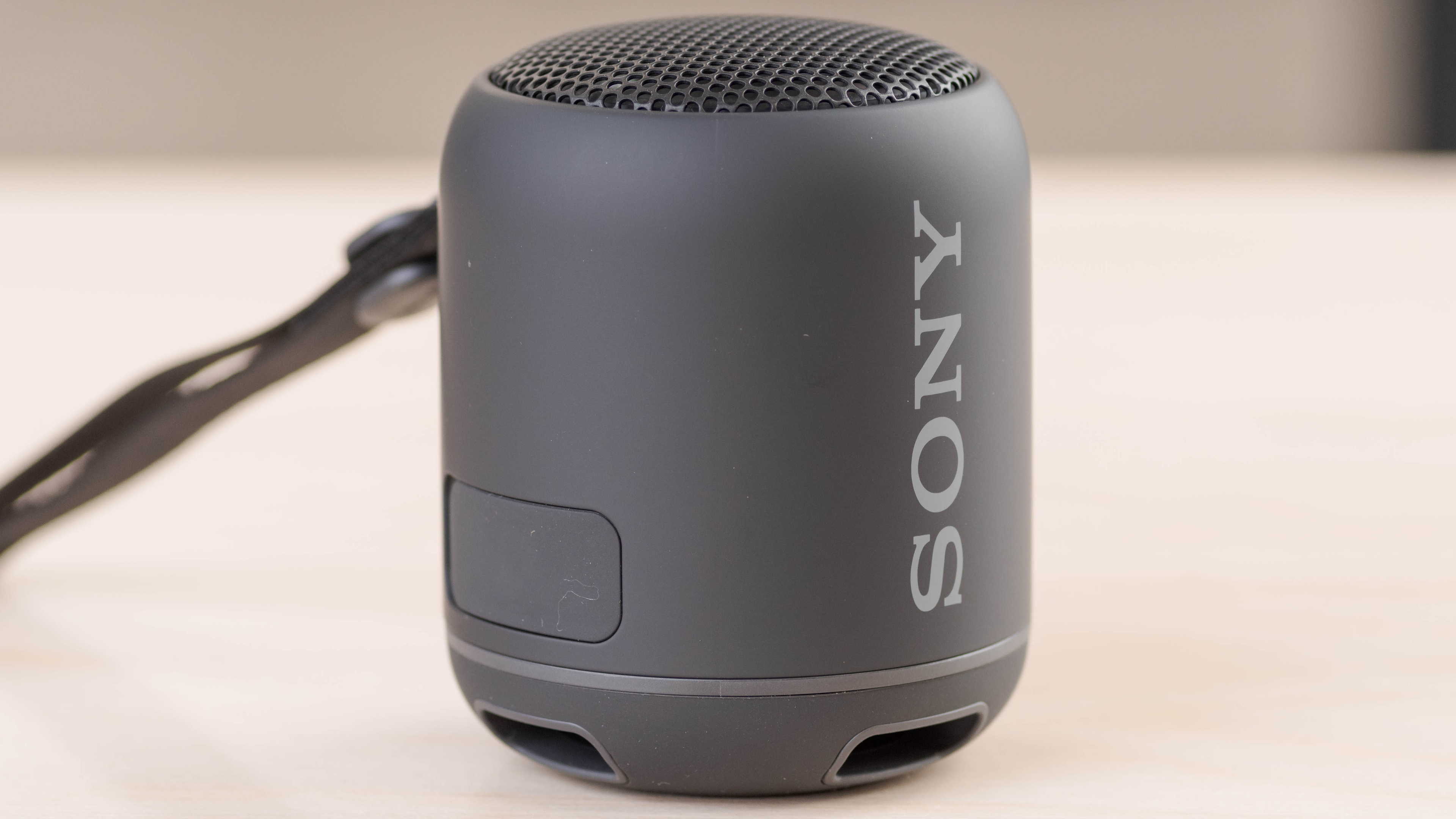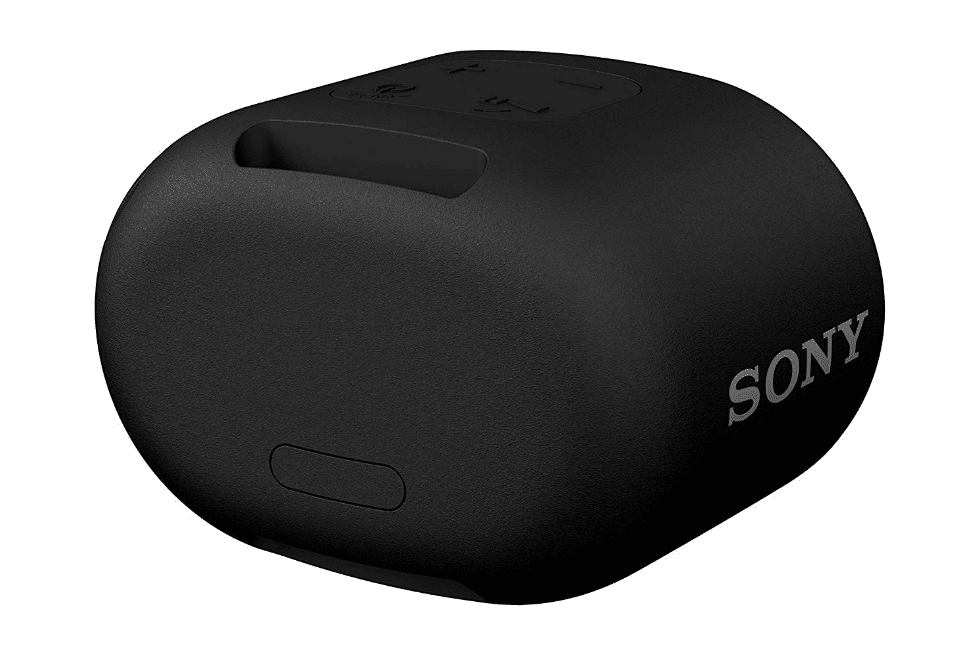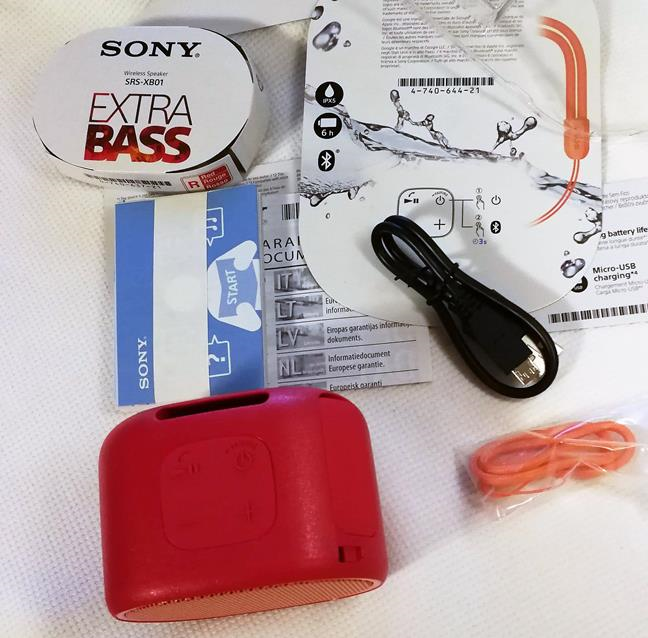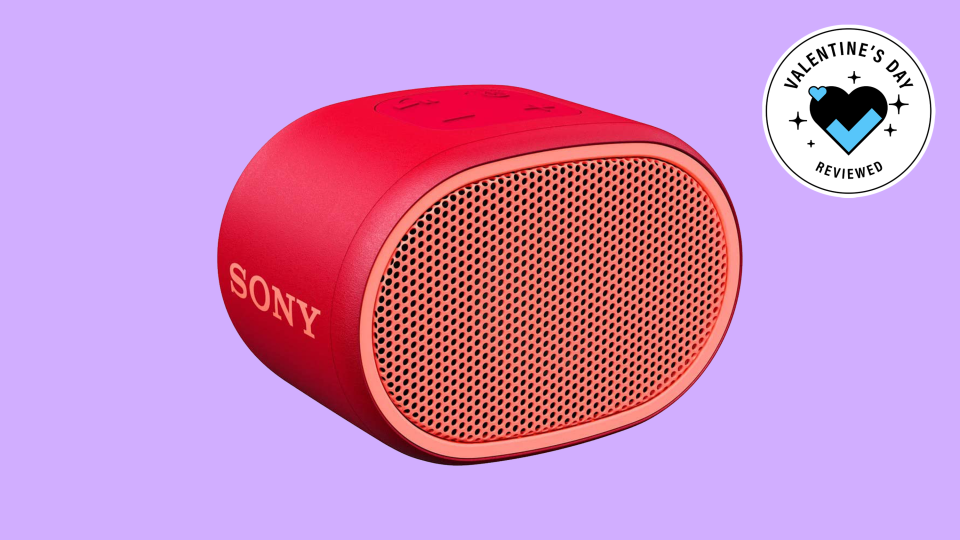
Amazon.com: Sony SRS-XB01 Compact Portable Bluetooth Speaker: Loud Portable Party Speaker - Built in Mic for Phone Calls Bluetooth Speakers - Red - SRS- XB01 : Electronics

Amazon.com: Sony SRS-XB01 Compact Portable Bluetooth Speaker: Loud Portable Party Speaker - Built in Mic for Phone Calls Bluetooth Speakers - Blue - SRS -XB01 : Electronics

Amazon.co.jp: Sony SRS-XB01 Y Wireless Portable Bluetooth Speaker, Waterproof, Operates Without Smartphone, Strap Included, 2018 Model, Comes with Microphone, Yellow : Electronics

Amazon.co.jp: Sony SRS-XB01 B Wireless Portable Bluetooth Speaker, Waterproof, Operates Without Smartphone, Strap Included, 2018 Model, Comes with Microphone, Black : Electronics

Amazon.co.jp: Sony SRS-XB01 W Wireless Portable Bluetooth Speaker, Waterproof, Operates Without Smartphone, Strap Included, 2018 Model, Comes with Microphone, White : Electronics

Amazon.com: Sony SRS-XB13 EXTRA BASS Wireless Bluetooth Portable Lightweight Compact Travel Speaker, IP67 Waterproof & Durable for Outdoor, 16 Hr Battery, USB Type-C, Speakerphone, Powder Blue (Amazon Exclusive) : Electronics

Amazon.com: Sony SRS-XB01 Compact Portable Bluetooth Speaker: Loud Portable Party Speaker - Built in Mic for Phone Calls Bluetooth Speakers - Black - SRS-XB01 : Electronics

Amazon.com: Sony SRS-XB01 Compact Portable Bluetooth Speaker: Loud Portable Party Speaker - Built in Mic for Phone Calls Bluetooth Speakers - Red - SRS- XB01 : Electronics

Amazon.com: Sony SRS-XB01 Compact Portable Bluetooth Speaker: Loud Portable Party Speaker - Built in Mic for Phone Calls Bluetooth Speakers - Blue - SRS -XB01 : Electronics

Amazon.com: Sony SRS-XB01 Compact Portable Bluetooth Speaker: Loud Portable Party Speaker - Built in Mic for Phone Calls Bluetooth Speakers - Gray- SRS- XB01 : Electronics

Amazon.com: Sony SRS-XB13 Extra BASS Wireless Portable Compact Speaker IP67 Waterproof Bluetooth, Black (SRSXB13/B) (Renewed) : Electronics

Amazon.com: Sony SRS-XB01 Compact Portable Bluetooth Speaker: Loud Portable Party Speaker - Built in Mic for Phone Calls Bluetooth Speakers - Blue - SRS -XB01 : Electronics




![良い意味で裏切られた』 SONY SRS-XB01 (B) [ブラック] しんいちろーさんのレビュー評価・評判 - 価格.com 良い意味で裏切られた』 SONY SRS-XB01 (B) [ブラック] しんいちろーさんのレビュー評価・評判 - 価格.com](https://revimg03.kakaku.k-img.com/images/smartphone/icv/review_694063_f.jpg)







